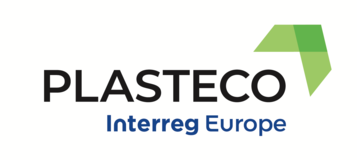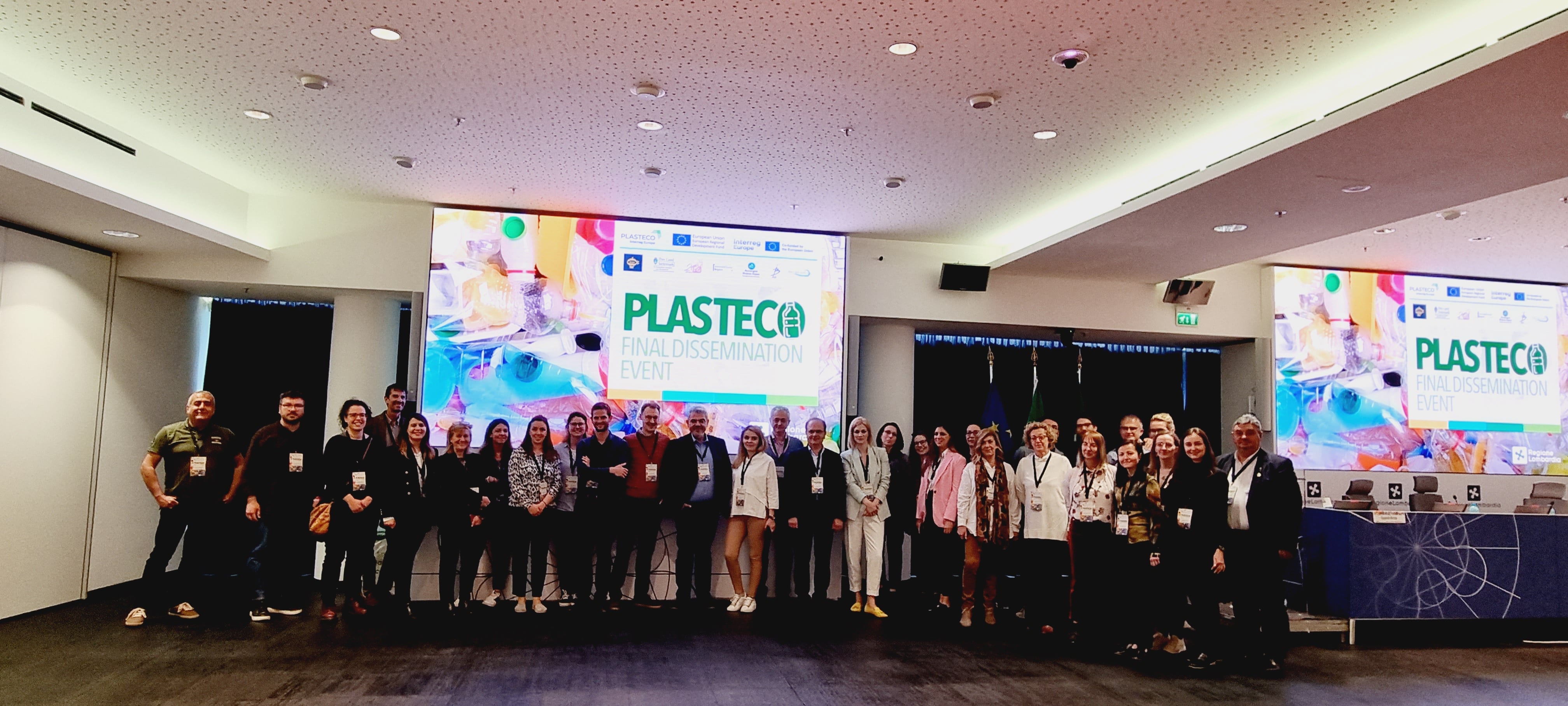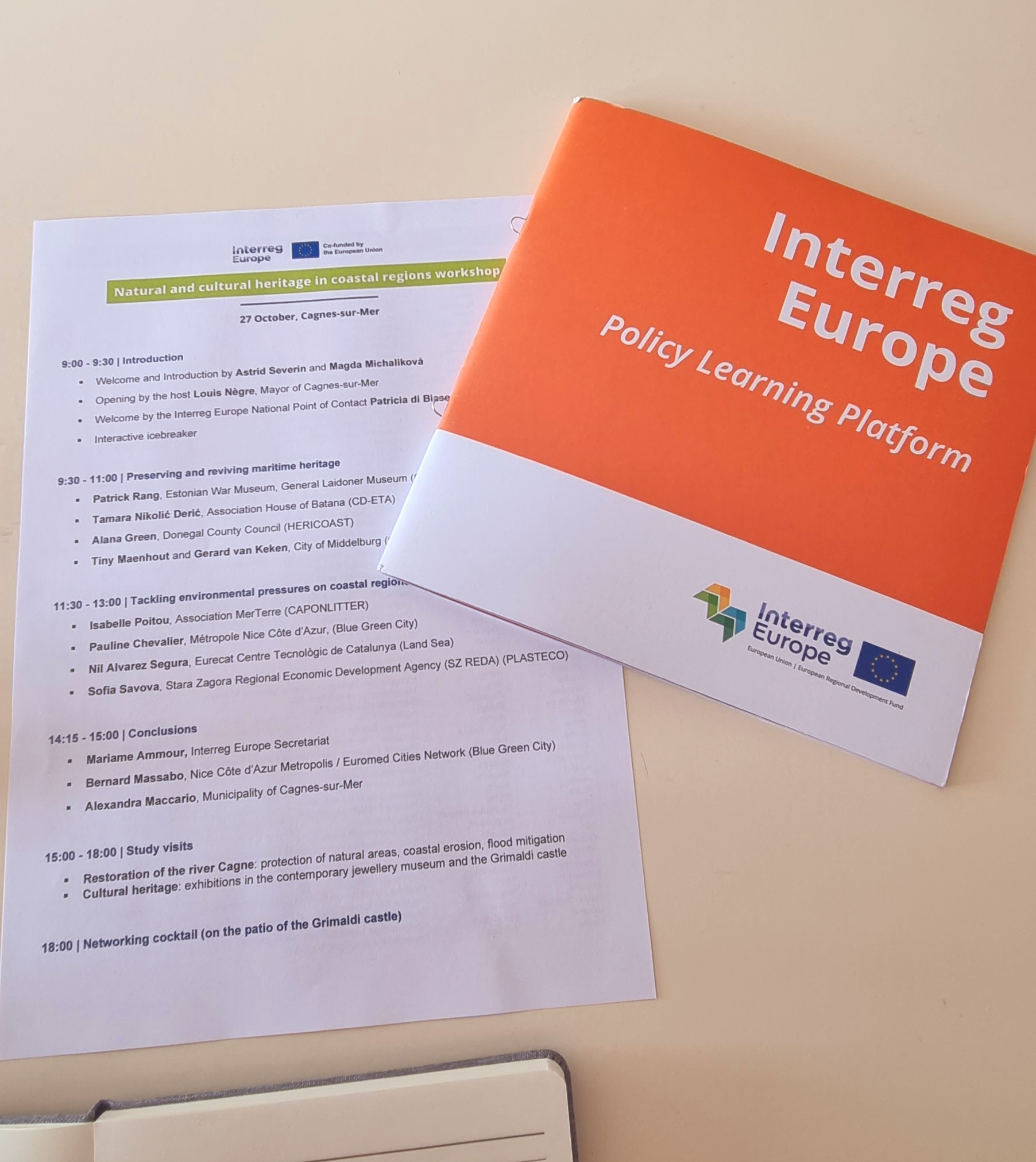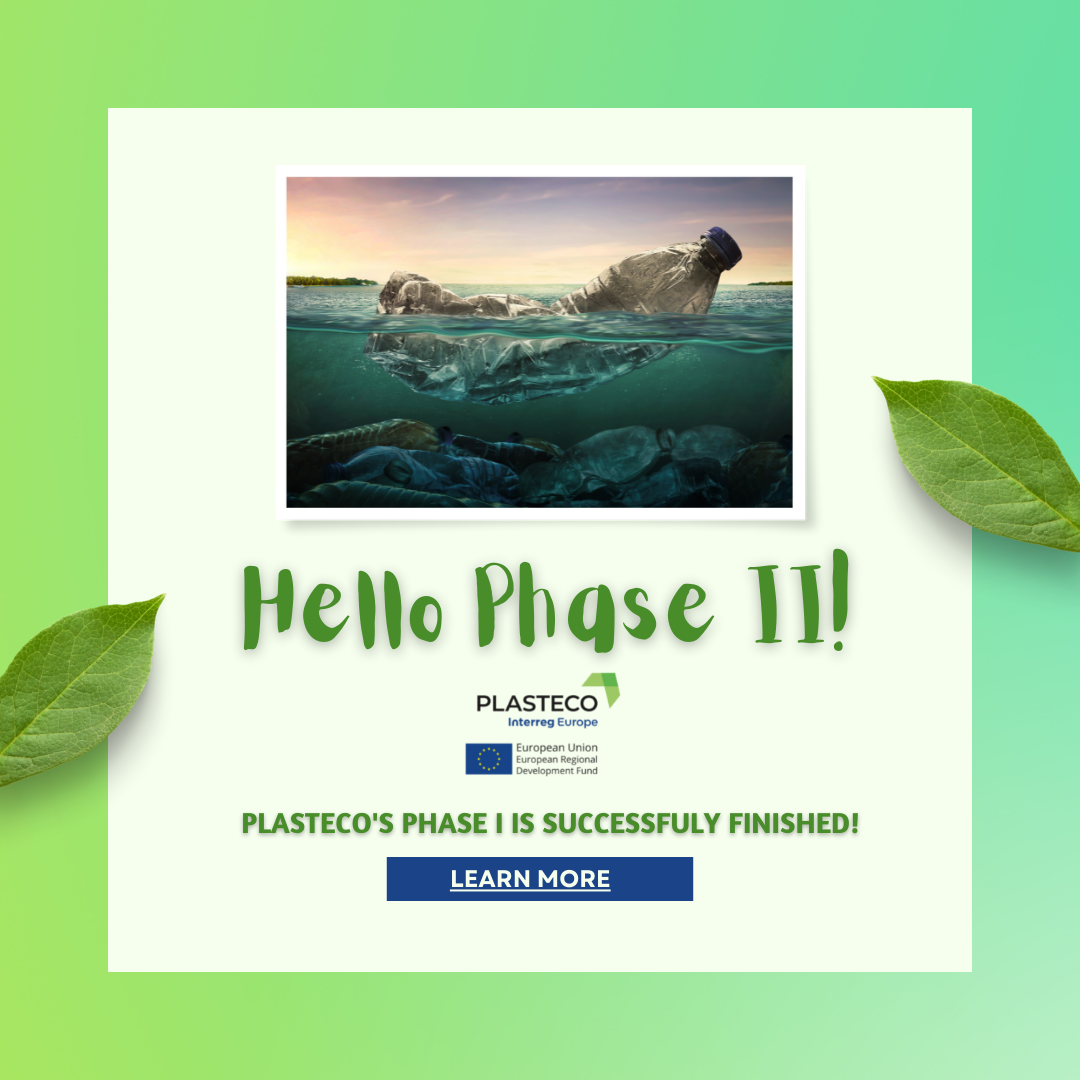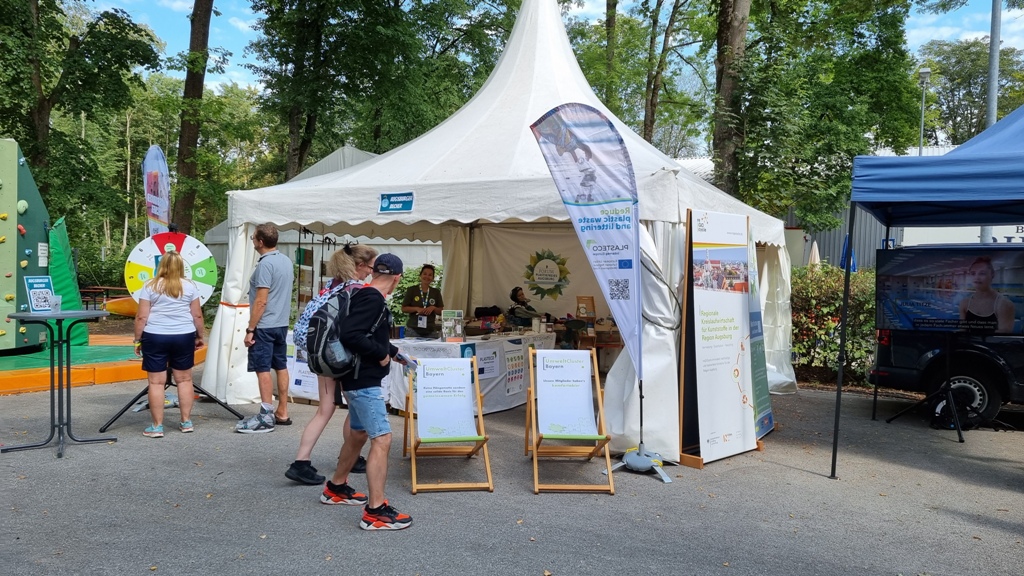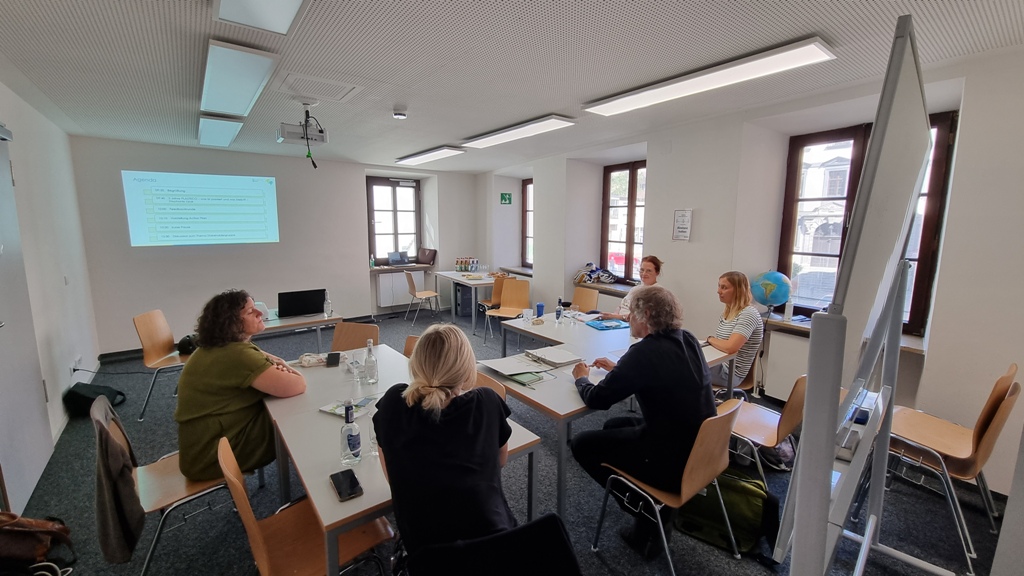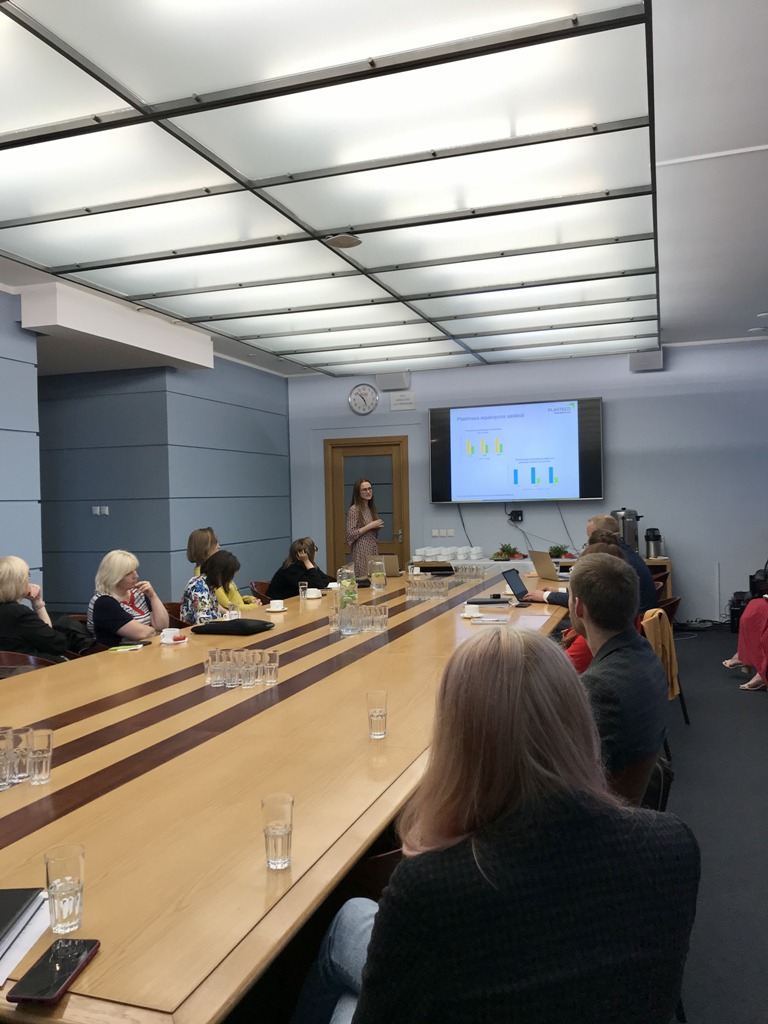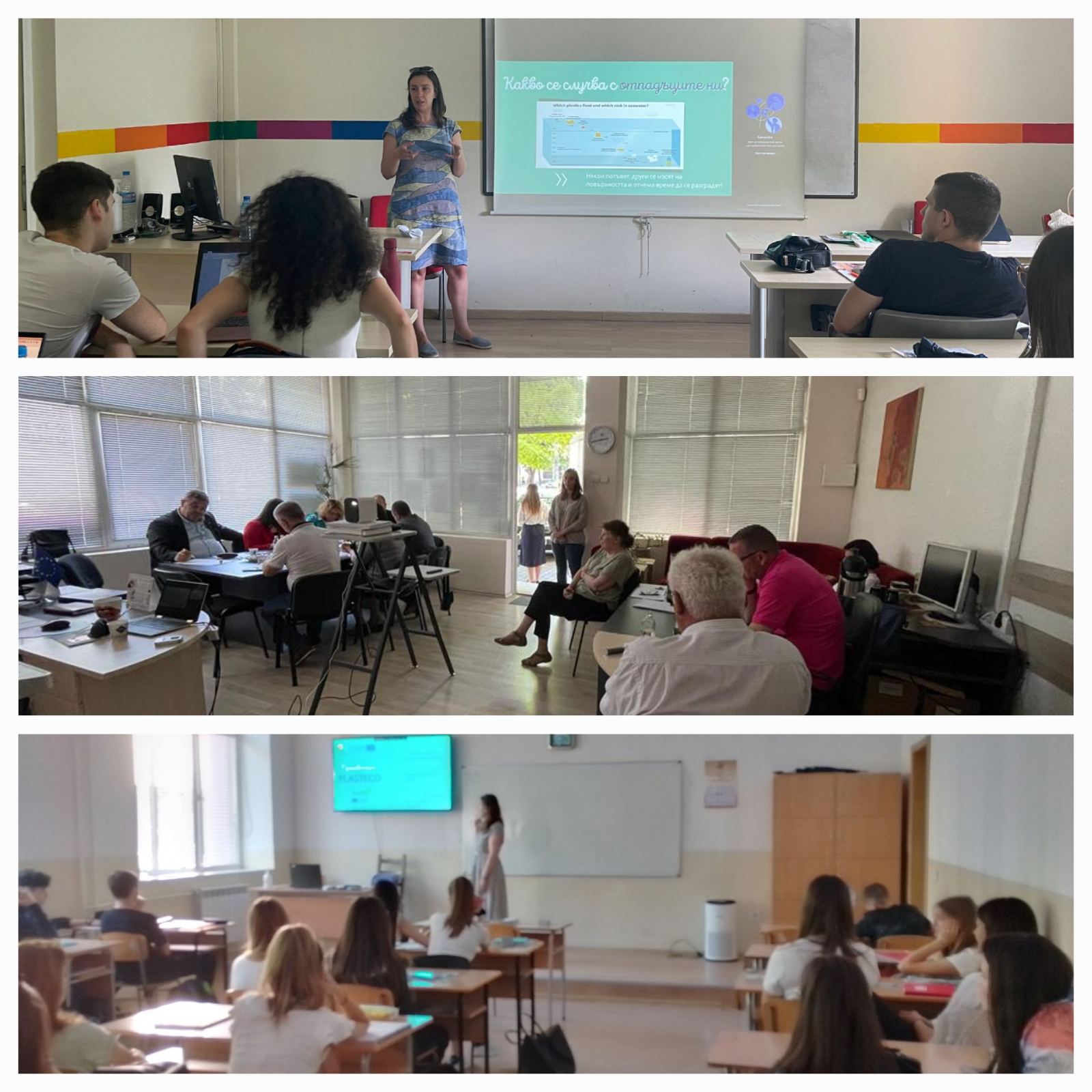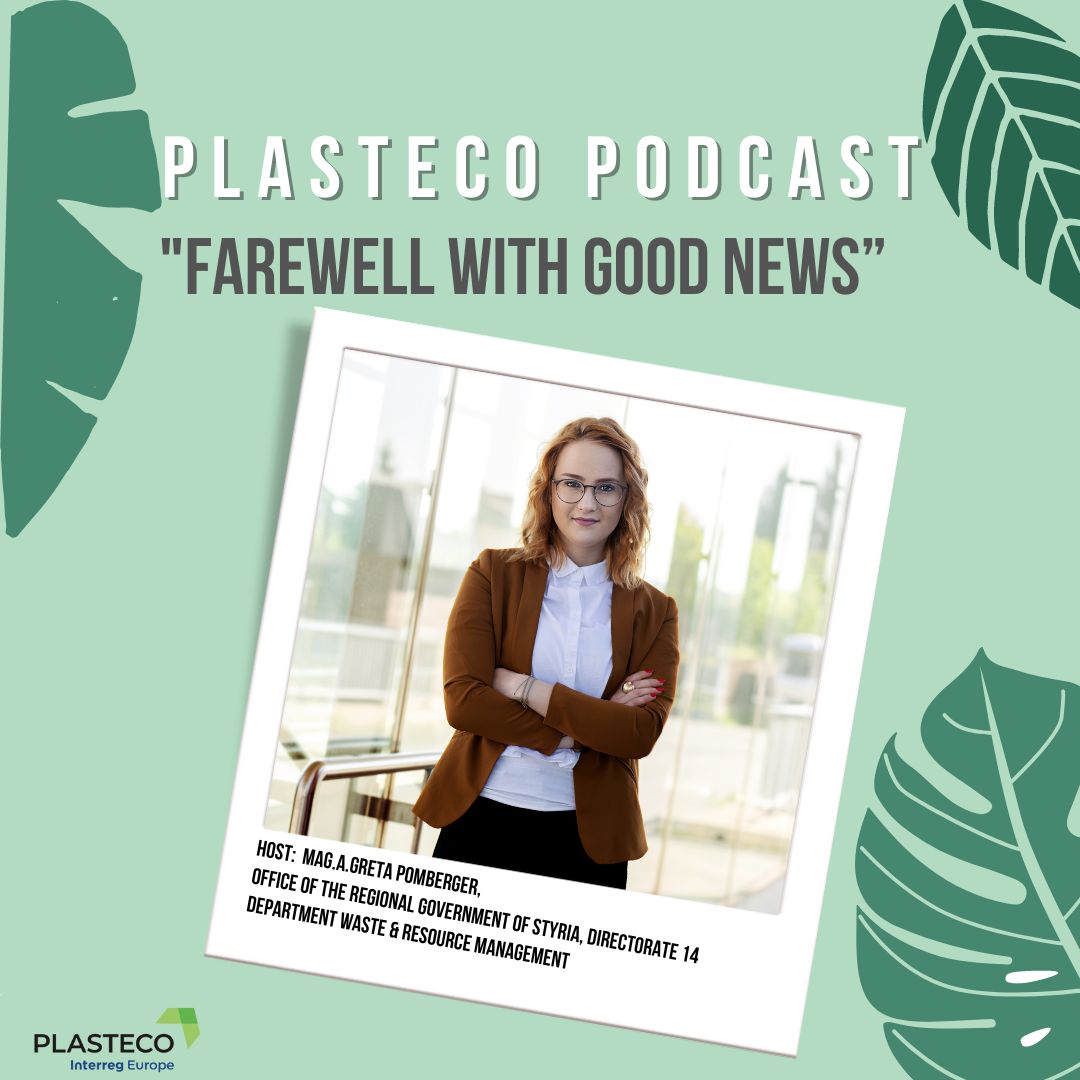The Agenda included and introduction to the “Plastic Table” activities and to the PLASTECO project, and a round table during which all participants were asked to introduce themselves and represent the main topics of interest to be addressed in order to improve a circular management of the plastic value chain.
The launch of the plastic table has met with great success as regards adhesion. The first meeting was attended by about 50 participants representing almost all the categories of stakeholders invited. The interventions of the Ministry and the Director General of Environment and Climate also integrated the technical framework provided with a point of view and a strategic direction which demonstrated to the participants the high interest that the plastics topic embodies in the regional environmental strategy, also in view of the forthcoming revision of the regional waste management plan.
The main elements that emerged from the round table were:
- change of paradigm in communication: plastic demonization is not the correct approach
- ecodesign to enhance recyclability
- promotion of recycled products market
- optimization of collection system and improvement of quality in separate collection streams
- labelling: Plastic Second Life
- problems with bioplastic in composting and anaerobic digestion plants
- chemical recycling and monomer utilisation by the producers
- evaluation of alternatives through LCA
The meeting revealed different and well-defined needs by operators in the plastic sector. The next meetings will therefore be organized by selecting specific themes and summoning the actors involved in the selected theme in order to make the discussion more effective.
They will certainly be touched:
- Innovative technologies: chemical recycling
- Recycled market and boosting tools (such as GPP)
- communication
Moreover, the feedback received from the participants about topics to be included in the discussion highlighted the following interests: environmental legality and crime related issues, involvement of startups and NGOs, interdisciplinary collaborations, plastics by-products, ecodesign, funding tenders.
The regional Ministry of Environment, Raffaele Cattaneo, summed up the strategic work directions and objectives, drawing the main policies to be focused on within the “Plastic Table”:
1. break down the 50% targets: go beyond the 50% target for municipal plastic waste separate collection and 50% target for effective recycling.
2. Development of innovative technologies: go beyond the mechanical recovery approach towards compounding process and chemical recycling. Enhancement of the use of SWF in cement factories. Minimize the residual fraction.
3. Money from the EU. Green Deal resources.
4. Communication. Change the paradigm: from a “plastic free” to “plastic waste free” as there are multiple ways to profitably deal with plastics both for environment and for economy.

